Domestic and family violence
-
14
-
1

Family and Domestic Violence
Changing for Good
The Changing for Good service provides counselling for men who want to continue having healthy and respectful relationships with others.
Read article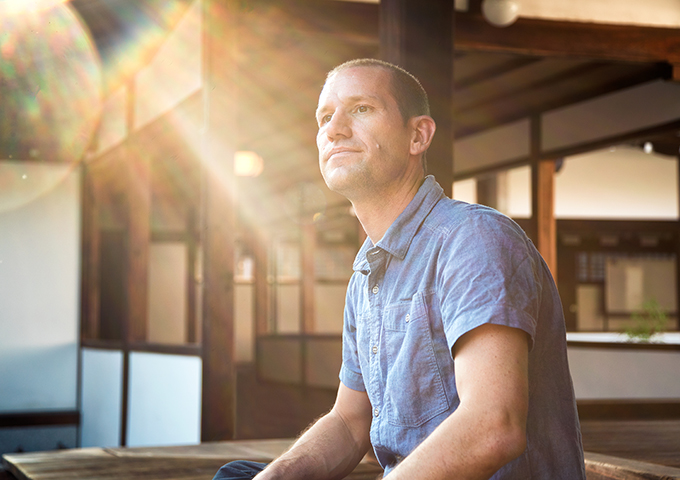
Family and Domestic Violence
Changing for Good: Violence Prevention Program
The Violence Prevention Program is part of the Changing for Good service and is for men who are worried about their thoughts and behaviour escalating to physical violence.
Read article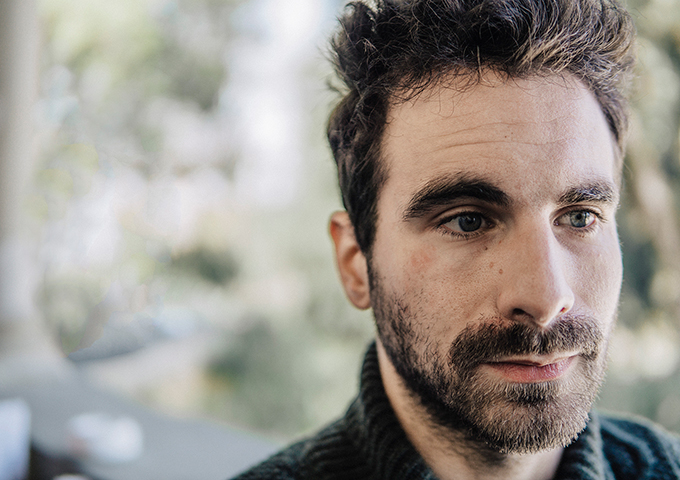
Family and Domestic Violence
Changing for Good: Post-Men’s Behaviour Change Program
The Post-Men’s Behaviour Change Program is part of the Changing for Good service and is for men who have completed a Men’s Behaviour Change Program (MBCP) in the last 12 months.
Read article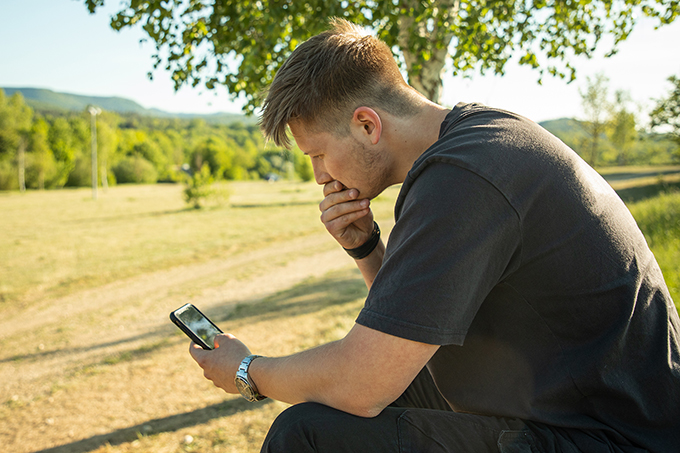
Family and Domestic Violence
Experiencing a violent or abusive relationship
Being in a violent and abusive relationship can take many forms. The most common include physical violence and threats, emotional abuse, social and financial control, and persistent demeaning comments. Learn where to get advice & support when in a violent or abusive relationship from MensLine Australia.
Read article
Family and Domestic Violence
Staying safe
Information and support on staying safe from domestic and family violence including: safety at home, having an escape plan, safety after separation, safety in public or at work, safety on the Internet.
Read article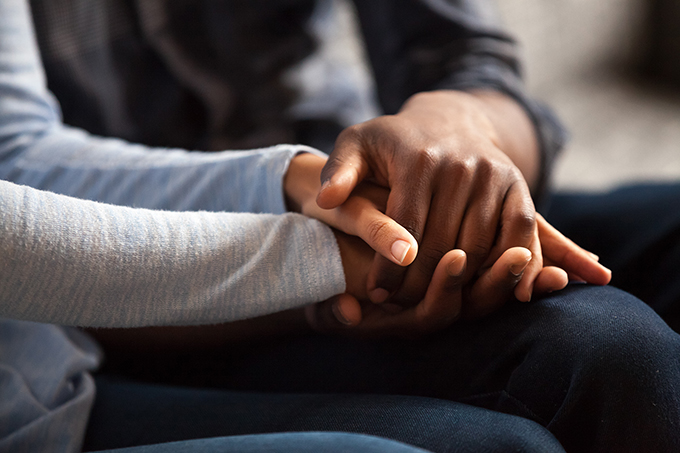
Family and Domestic Violence
Supporting someone experiencing violence
Abuse and domestic violence can be confronting, upsetting, frustrating and frightening for friends and family. If you are worried about a friend or family member who is experiencing violence or being abused, how you respond can make a big difference. Talking about what’s going on, identifying and naming it are very powerful ways to help.
Read article
Family and Domestic Violence
Abuse and domestic violence
Domestic and family violence in our community is unacceptable. Everyone has the right to be free from harm and to live without fear of abuse. All victims need compassionate and highly responsive support.
Read article
Family and Domestic Violence
Common excuses when using violence
It’s very common for people who use violence and abuse in their relationship to use excuses. Below is a list of common excuses used when violence erupts in a relationship.
Read article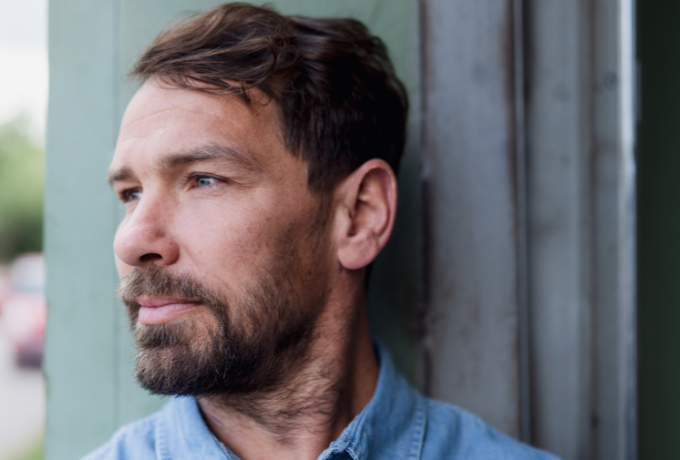
Family and Domestic Violence
Using 'Time Out'
‘Time Out’ is a process of temporarily removing yourself physically from an anger-provoking situation in order to calm yourself before returning.
Read article
Family and Domestic Violence
Talking to a friend about their violence
You might think it’s best not to say anything because you might say the wrong thing. But saying the wrong thing isn’t the worst thing. The worst thing is staying silent. By saying nothing, you’re part of the problem.
Read article
Family and Domestic Violence
Understanding emotional abuse
Domestic and family violence can take many forms. One common and often unrecognised form of domestic violence is emotional abuse, an ongoing pattern of behaviour intended to cause harm to a person’s mental health and emotional wellbeing.
Read article
Family and Domestic Violence
Understanding financial abuse
Domestic and family violence can take many forms – it can include many different types of behaviour including emotional, physical, sexual, spiritual and verbal abuse. One form of domestic violence which is often overlooked is financial abuse.
Read article


